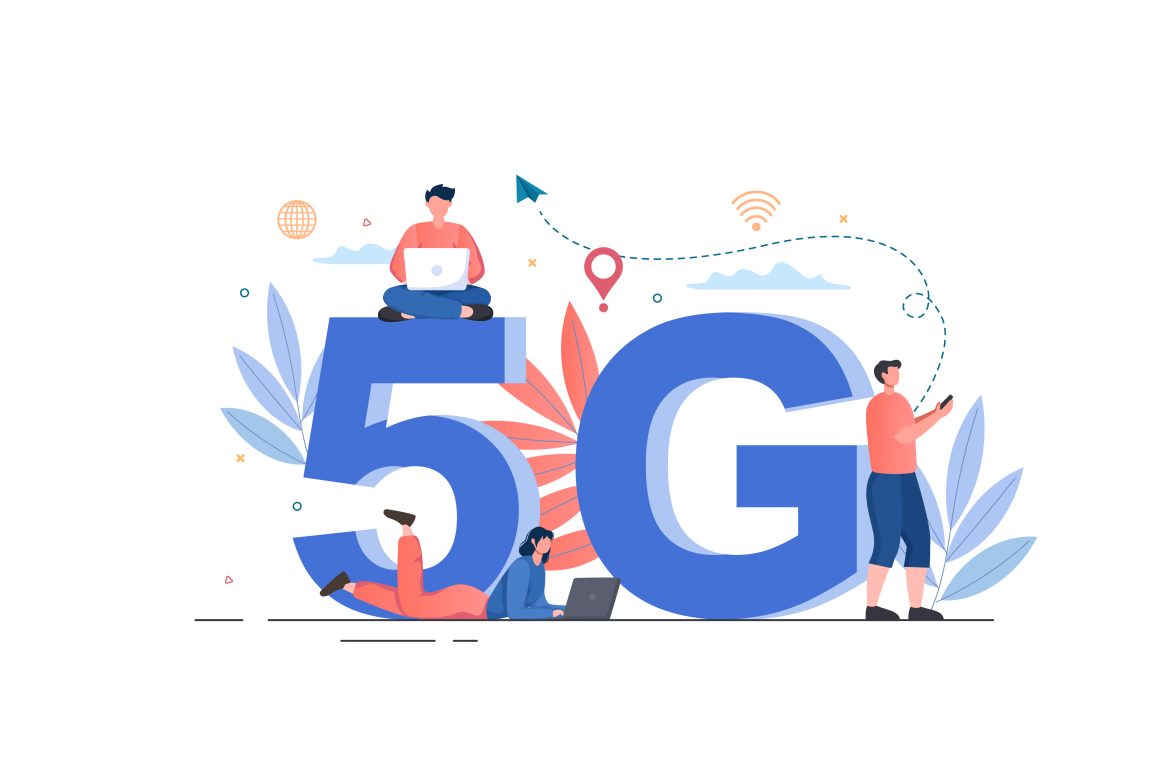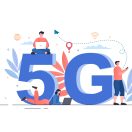As the world becomes increasingly interconnected, 5G technology is revolutionizing the business process outsourcing (BPO) industry by offering faster data transfer speeds, improved efficiency, and enhanced decision-making capabilities. This cutting-edge advancement is not only enabling businesses to expand their global footprint but also creating new opportunities for innovation and collaboration. Service providers in the BPO sector are rapidly adapting to this new technological landscape to remain competitive and deliver exceptional customer experiences. 5G’s transformative impact on the BPO industry primarily includes reduced costs, increased productivity, and a stronger focus on value-added services. The fifth generation of wireless technology, 5G boasts enhanced network speeds, reduced latency, and increased capacity to accommodate a vast array of interconnected devices. This breakthrough in wireless communication not only opens the door to innovative applications across industries but also holds tremendous potential in addressing the digital divide that has long persisted in global societies. By harnessing the power of 5G technology, BPO companies, these days, are standing at the cusp of a new era that redefines the way humans and machines interact.
Business process outsourcing organizations depend upon proficient communication and streamlined procedures to deliver externalized business services for their clientele. The emergence of 5G technology possesses the capacity to fundamentally transform both these crucial elements.
5 Keys impacts of 5G on the BPO industry:
-
-
-
-
- 5G networks boast exceptionally rapid data transmission rates, reaching a maximum velocity of 10 gigabits per second. This represents a significant advancement over prior generations of cellular technology, enabling more efficient communication between Business Process Outsourcing firms and their clientele. The accelerated pace presents several ramifications for Business Process Outsourcing firms. Firstly, it facilitates instantaneous communication and collaboration with clientele, a crucial element for numerous externalized business operations. For instance, a customer service agent employed by a BPO organization can address a client’s query almost instantaneously, as opposed to awaiting a response. This enhancement can augment the comprehensive customer experience while heightening customer satisfaction.
- Apart from enhancing communication, the accelerated pace of 5G networks possesses the capability to boost the efficacy of Business Process Outsourcing procedures. Owing to swifter data transmission rates, BPO enterprises can effectively process and examine data, thereby facilitating expeditious decision-making and heightened efficiency. For instance, a BPO firm offering financial analysis services can promptly scrutinize and present financial information, which in turn assists their clientele in making well-informed business determinations.
- The transformation of BPO by 5G can also be attributed to the enhanced capacity of 5G networks. The vast capacity of these networks surpasses prior generations of cellular technology, allowing them to accommodate a greater number of devices and connections. This holds significant importance for BPO organizations, as they frequently depend on numerous connected devices to render their services. For instance, a business process outsourcing organization delivering call center solutions may employ numerous customer service agents operating remotely, all necessitating connection to the enterprise’s infrastructure to complete their tasks. The capability of 5G networks to accommodate such a vast quantity of interconnected devices can enhance the overall efficacy and proficiency of the said organization’s endeavors.
- Apart from the enhanced speed and capacity offered by 5G networks, this technology holds the potential to facilitate novel BPO services. An instance of this would be incorporating virtual and augmented reality (VR and AR) within the realm of BPO. These technological advancements permit the development of engrossing, interactive experiences, thereby presenting numerous possible applications for BPO. For instance, a business process outsourcing organization may utilize virtual reality and augmented reality technologies to impart education to their personnel, enabling them to acquire novel competencies within a simulated setting. This approach could be particularly advantageous for enterprises with staff members situated remotely or in varying locales, as it permits them to obtain instruction devoid of the necessity for travel.
- Another prospective utilization of Virtual Reality and Augmented Reality within the Business Process Outsourcing sector pertains to customer service. Utilizing these technologies, a BPO organization could develop immersive customer experiences, including virtual product presentations and virtual commercial establishments. This approach may enhance the overall customer experience and subsequently, increase sales for the organization’s clientele.
-
-
-
Summary:
5G technology, the backbone of the digital era, is opening up new avenues for innovation and collaboration across various sectors, including the Business Process Outsourcing (BPO) industry. The unparalleled speed and reduced latency of 5G networks are enabling BPO companies to deliver advanced services and seamlessly manage data-intensive tasks. From enhancing workflow efficiencies to facilitating real-time communication and remote working capabilities, 5G is reshaping the BPO landscape and driving its growth by providing versatile, efficient solutions tailored to meet today’s dynamic business requirements.



